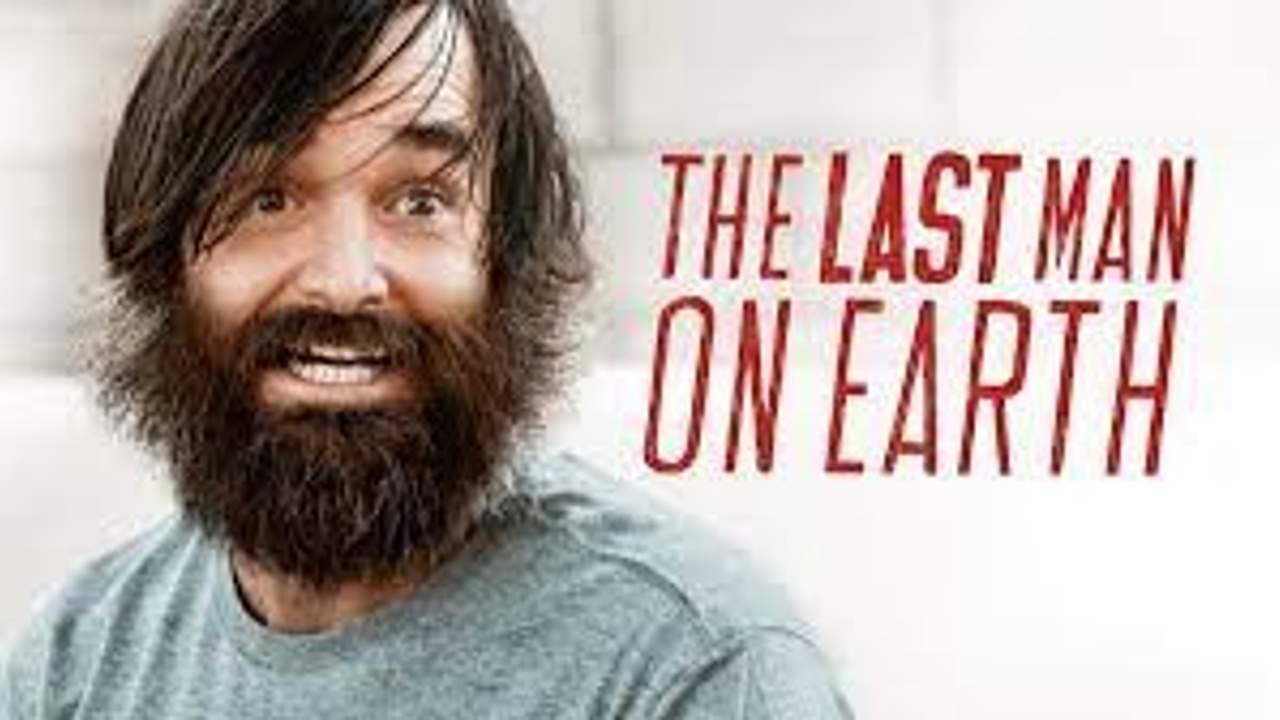The Last Person on Earth
Sep 30, 2022
Do you remember the first time something was used to describe your personality? When I was in the 7th grade my Social Studies teacher was telling us about characteristics of each Astrological sign. It happened to be a fairly close description of my 13-year-old self, but didn’t resonate at all with my friend who was two days older than me.
Maybe you’ve taken the Myers-Briggs personality assessment, the DISC test, StrengthsFinder or the like. I find that most people are very interested in their results and then often want to know about their partner and their coworkers. Assessments offer clues about how I am different from you.
Here’s the interesting truth about them. They’re all relative. Assessments are really good at comparing and contrasting personal qualities. For example, my assertiveness could look high compared to some people, but could be comparatively lower to another person.
When people are trying to discern their Enneagram type, they often take a quick free online test or skim 20 item checklists about each type. When I ask people their type I often hear that people identify with three types and don’t really identify with any one in particular. It’s common.
Even though I know my type, I can find common ground with each type - some more than others. That’s confusing for people who are unsure of their type.
If you were on the Last Person on Earth, you would no longer have a “personality”. You would just be who you were. You wouldn’t be more or less assertive, more or less withdrawn, or more or less compliant.
If you’re still confused about your Enneagram type after searching and studying, it’s probably because it’s hard to parse out the differences between types. You may have taken an assessment that is unable to tease out the nuances of the subtypes. There are many look-alikes and it’s easy to get it wrong. (e.g. There are three subtypes of Type Six and they are look-alikes of the One, Two, and Eight)
That’s why our stories matter so much. How did we respond to authority? What roles did we play growing up? How were we different than our mother or father? What words were used to describe how you were different than your siblings? All of these are clues to help understand your type.
The Enneagram is about uncovering our inner and unseen motivations and finding how my pattern is different from your pattern. One isn’t any better than the other. We’re just different.
Stay connected with news and updates!
Join our mailing list to receive the latest news and updates from our team.
Don't worry, your information will not be shared.
We hate SPAM. We will never sell your information, for any reason.

